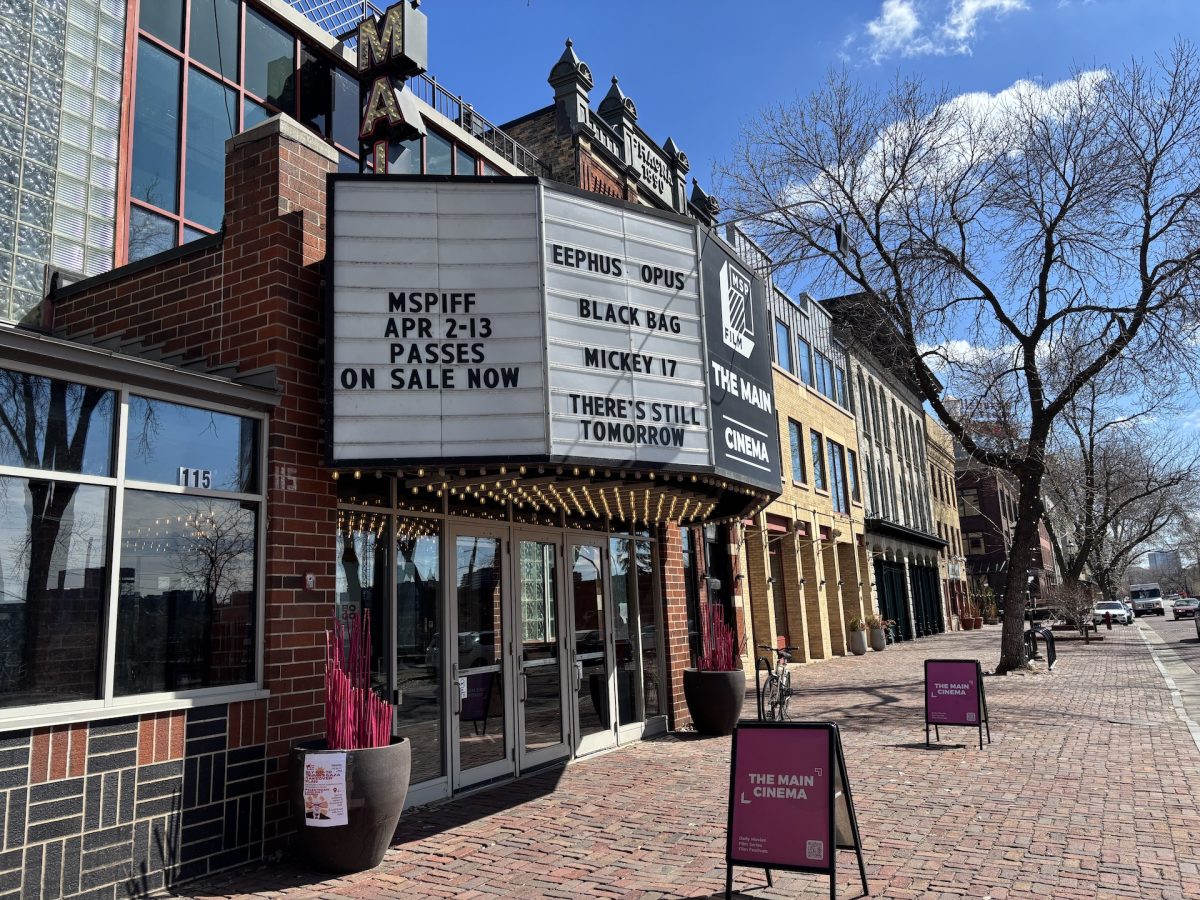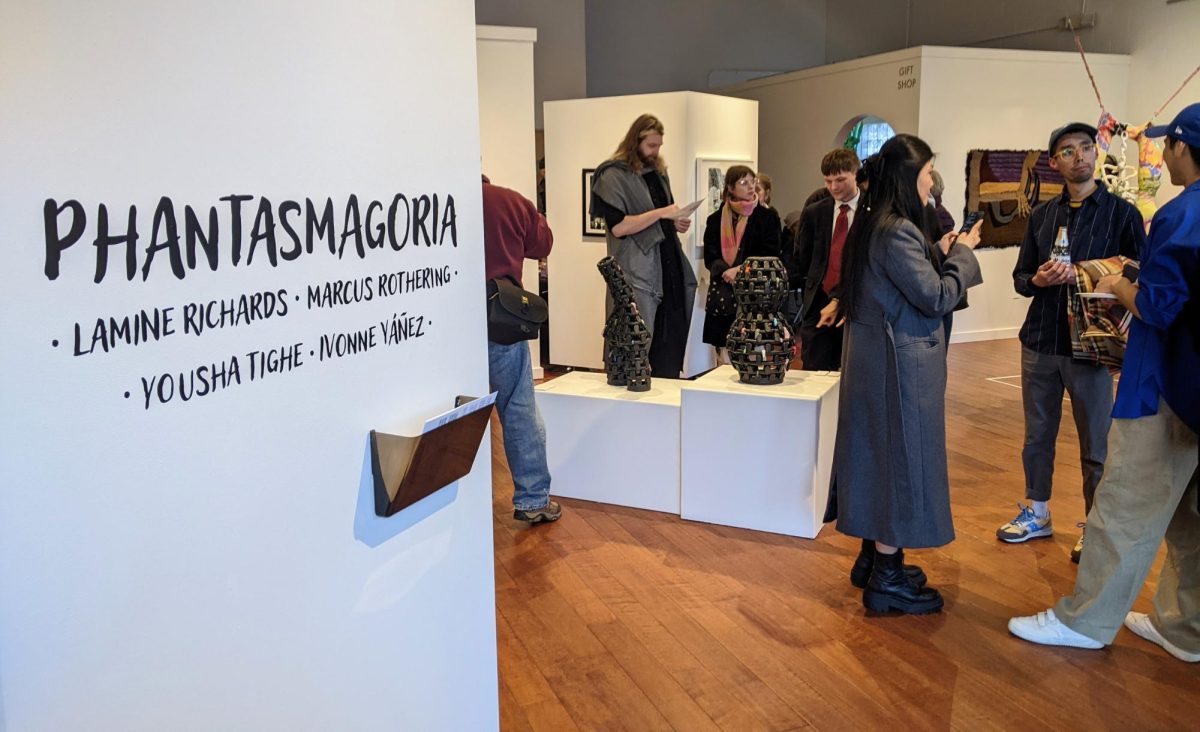Perhaps all our parents’ and teachers’ encouragements of “do what you love” has a consequence.
While some college students pick careers based on projected income, there is a cultural attitude that we should follow our hearts and passions and sacrifice the lakeside mansion. If there’s money to be made, it’s an added bonus.
But along with this quest for a fulfilling career – something beyond simply putting food on the table – has come a willingness to do whatever it takes. We’ll fetch coffee, answer the phones and do anything else the demanding boss desires. And we’ll do it all for minimum wage. Or even free!
In the film “The Devil Wears Prada,” Andy Sachs (Anne Hathaway) technically is an “assistant,” but her job duties make it clear she really is an intern. Andy runs all over Manhattan trying to please her wicked witch of a boss, Miranda Priestly (Meryl Streep), editor of the Vogue-esque magazine Runway.
Thanks mostly to Streep’s performance, “The Devil Wears Prada” succeeds as a light and fun – although predictable – film. But where the movie falls apart is Andy’s journey.
Andy goes from a plaid-skirt wearing, idealistic journalist who dreams of one day writing for the New Yorker to a Jimmy Choo-loving fashionista who back-stabs her way to Paris.
In the midst of her job at Runway, Andy constantly reassures her family, friends and boyfriend that catering to Miranda eventually will lead to her dream job. In the end, Andy does get a reporter job at a newspaper, justifying her labor at Runway.
Still, it’s painful to accept that Runway was a necessary sacrifice for Andy. She never wanted to be involved in or write about fashion and her job at the magazine never required her to actually write anything. The Andy at the beginning of the film is the same as at the end – just with a better haircut and a slimmer waist. Besides the physical makeover, she seems to gain no valuable experience for a career in journalism. So what was the point of her excursion?
When Dorothy discovered “there’s no place like home” it was a conclusion made after seeing life in Technicolor. Andy’s voyage into high fashion is not grandiose enough to have her character return to where she started.
While “The Devil” gives a depressing look at meaningless intern tasks, the MTV series “The Hills” is an even more disheartening look into the world of internships.
“The Hills” follows “Laguna Beach” alumna Lauren (also known as L.C.) as she moves to Los Angeles and gets an internship at Teen Vogue, where her duties are minimal enough to allow for a full-time social life.
Not only does Lauren already have a great advantage over the rest of us – coming from a rich family in Laguna – but also she has MTV arrange her ideal internship. Besides the unfairness of it all, Lauren represents another evil of internship culture. As “Generation Debt” author Anya Kamenetz recently pointed out in a New York Times article, internships often require the intern to take out loans or rely on their parents for money because the jobs pay little or nothing. Lauren is the type of person who can thrive on an internship; she has nothing to lose financially.
A good internship surely can provide valuable experience, but what “The Devil Wears Prada” and “The Hills” reveal (unintentionally) is how we assume an internship is necessary and worthwhile. Neither Andy nor Lauren seem to get anything out of their internships besides another addition to their résumés. As the emphasis on having internships increases, maybe it’s important to re-evaluate their benefits.







